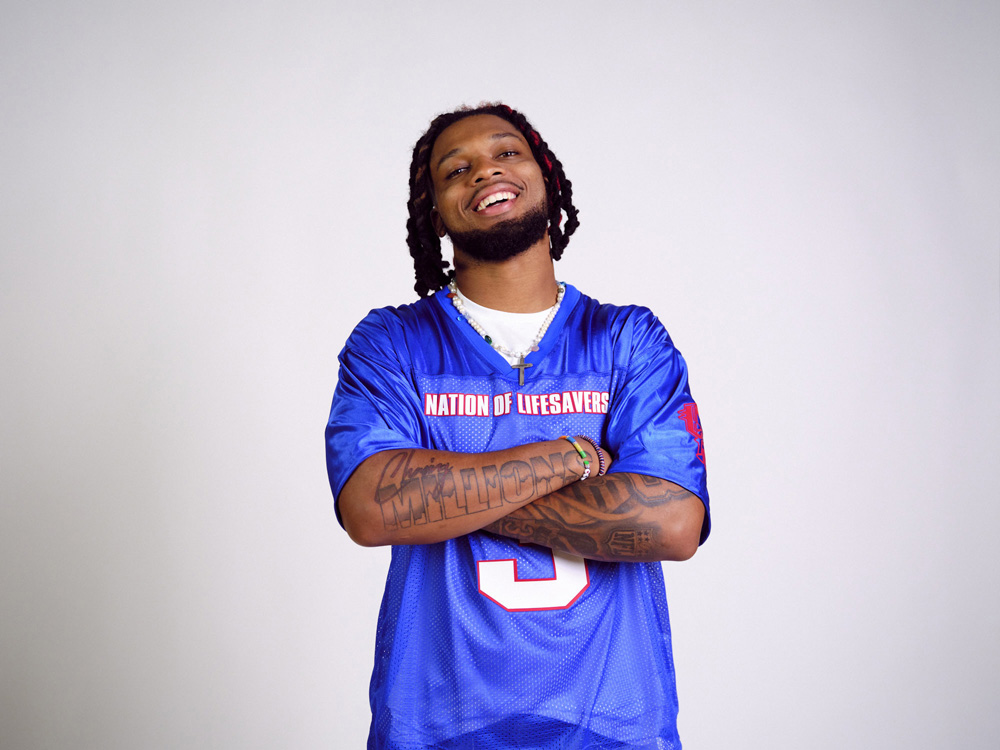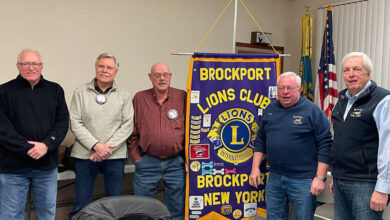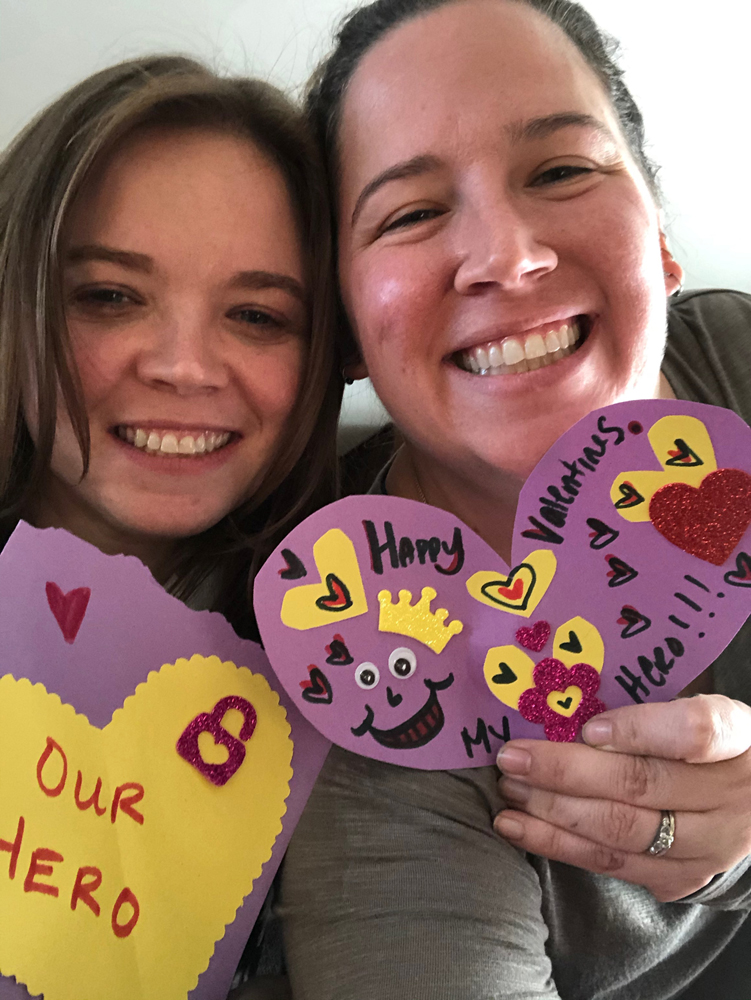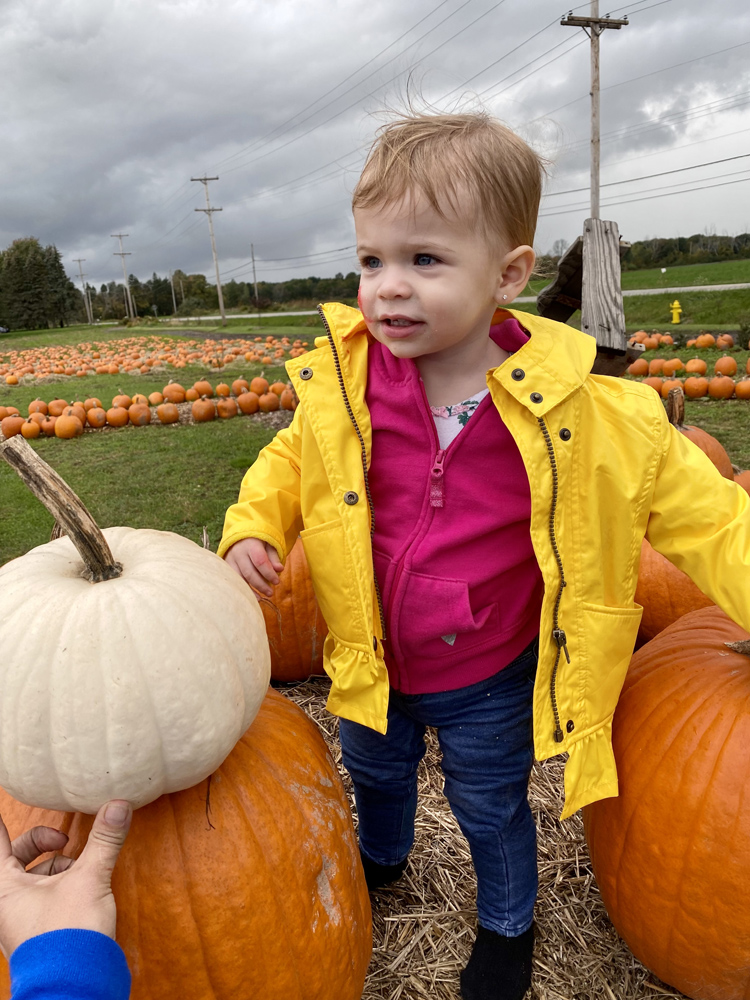Damar Hamlin encourages all fans to learn lifesaving skill

As professional football returns to stadiums across the country, Damar Hamlin is speaking out to encourage fans everywhere to be ready in a cardiac emergency. Hamlin, professional football player in the National Football League (NFL) and national ambassador for the American Heart Association’s Nation of Lifesavers™ movement which launched earlier this year, is featured in the first of new series of public service announcements. Following the Buffalo Bills safety’s cardiac arrest during Monday Night Football on January 2, his commitment to adding lifesavers to the chain of survival where fans live, work and play is the spark that ignited the American Heart Association’s Nation of Lifesavers™.
“You never know when it’s going to be your opportunity to step in and save a life. CPR and AEDs – are why I’m still here today,” said Hamlin, cardiac arrest survivor and founder of the Chasing M’s Foundation. “Giving someone the skills and power to save a life is a superpower if you ask me.”
The American Heart Association is the worldwide leader in resuscitation science, education and training, and publishes the official guidelines for CPR. With nearly 3 out of 4 cardiac arrests outside of the hospital occurring in homes, knowing how to perform CPR is critically important. The recently launched Nation of Lifesavers effort works to improve the survival rate for the more than 350,000 out-of-hospital cardiac arrests each year. In the event of a cardiac arrest, immediate action is needed to save the person’s life. Less than half of all people who experience cardiac arrest receive CPR before emergency personnel arrive. CPR, especially if performed immediately, could double or triple a cardiac arrest victim’s chance of survival, according to the American Heart Association.
“When the world saw Damar Hamlin’s cardiac arrest event on Monday Night Football, what they also saw were those very first links in the chain of survival working. Everything happened like it should in a cardiac arrest emergency. This includes, early recognition, calling 911 with responders immediately on the scene, administering high-quality CPR, and having access to, and using an Automated External Defibrillator,” said Nancy Brown, chief executive officer of the American Heart Association. “Knowing how to respond in a cardiac emergency when seconds matter is literally the difference between life and death. We need to have everyone ready to call 911 if they see a teen or adult suddenly collapse, and to push hard and fast in the center of the chest until more advanced help arrives.”
The Association is committed to turning a nation of bystanders into lifesavers. The new multi-year initiative will ensure teens and adults can learn about CPR and AED use, share that knowledge with friends and family and engage employers, policymakers, philanthropists and others to create support for a nation of lifesavers. The long-term goal: to ensure that in the face of a cardiac emergency, everyone, everywhere is prepared and empowered to perform CPR and become a vital link in the chain of survival.
Since January, the American Heart Association has worked alongside the NFL at Super Bowl LVII and the NFL Draft as well as many NFL clubs to educate on Hands-Only CPR and train in Heartsaver® CPR AED (automated external defibrillator) course, which provides the highest quality evidence-based training in the lifesaving skills of CPR.
As the first sponsor of the Nation of Lifesavers, the Buffalo Bills made a five-year commitment to advance education and awareness, train at community empowerment events, and distribute CPR resources to under resourced communities.
Creating a Nation of Lifesavers includes the Association’s efforts to drive policy change at both the federal and state levels. The Association has endorsed the federal Access to AEDs Act, which would create a grant program for K-12 schools to provide CPR and AED training; purchase AEDs; and create cardiac emergency response plans that establish specific steps to reduce death from cardiac arrest in school settings.
In addition, the Association is a founding member along with the NFL and other major sports leagues of the Smart Heart Sports Coalition which is advocating for states to adopt evidence-based public policies that will prevent fatal outcomes from sudden cardiac arrest among high school students.
Hands-Only CPR is chest compression-only CPR. Following a cardiac arrest of a teen or an adult, compression-only CPR can be equally effective as traditional CPR in the first few minutes of emergency response. If a teen or adult suddenly collapses, witnesses should immediately call emergency services and begin chest compressions at a rate of 100-120 beats per minute and a depth of approximately two inches. The Association encourages everyone, regardless of where they live, to take 90 seconds to learn how to save a life now athttp://www.heart.org/nation.
Provided information





